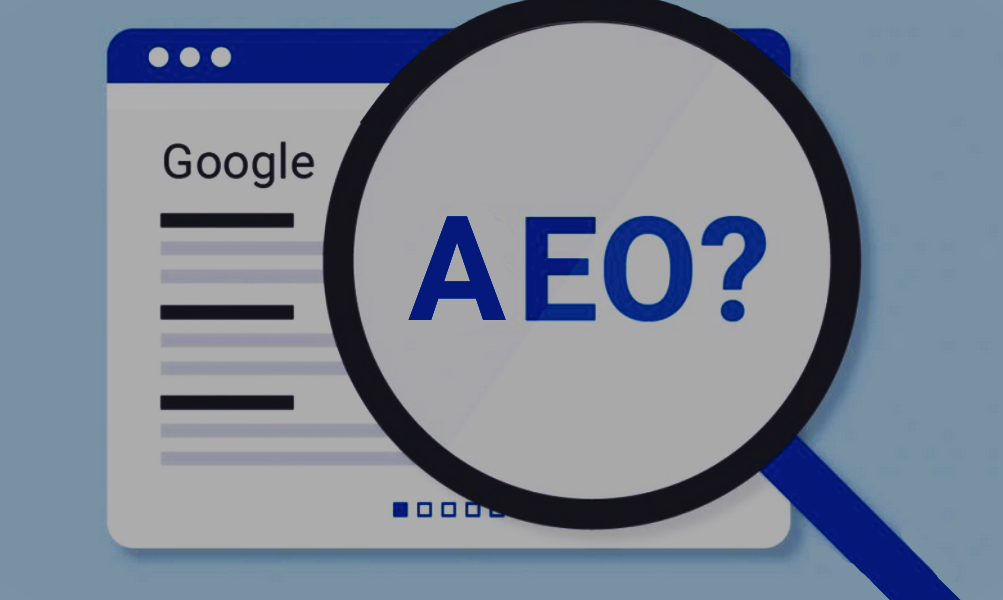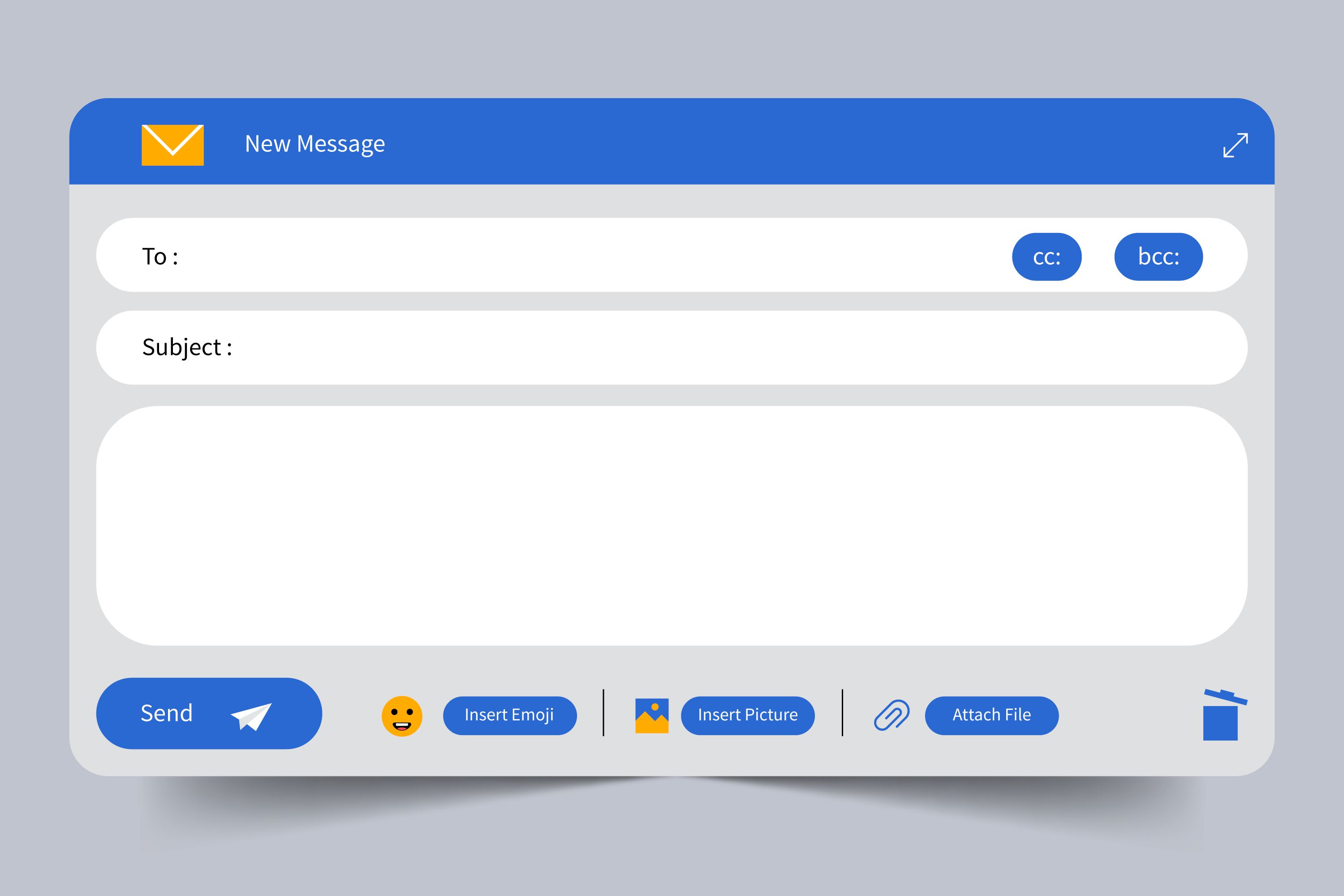
AWS is by far the market leader in cloud hosting with a rich spectrum of services offered globally. AWS, launched in 2006 is particularly wide-ranging and providing from computing power to machine learning that making it a favorite among enterprises.
#2) Microsoft Azure –Launched in 2010, it is an up-and-coming venture from the house of heavyweight tech for Amazon Web Service. Azure is designed to work well with other Microsoft products, and it aligns seamlessly with organizations that use Windows Server or Active Directory as part of their environment.
A More Open Space — Google CloudGoogle cloud is significantly younger than the other two options; however, it has gained popularity quickly due to its focus on data analytics and machine learning in addition to its more open-source mentality. GCP is popular for innovation and sturdy infrastructure.
he three providers offer a wide range of cloud services, the difference being felt in:
AWS: The most fully featured, with EC2 for computing, S3 for storage, and Lambda used to build serverless solutions. AWS is also widely popular for good networking and IoT services.
Azure (Strong Hybrid Cloud Solution, Better for MS Products like Windows Server and SQL Server) One disadvantage of GCP is that Azure has a better experience in AI and Machine Learning because it comes with services like Azure ML.
Google Cloud: Best in data and machine learning. What stands out in Google Cloud are its BigQuery the serverless data warehouse, and TensorFlow open-source machine learning framework.
Pricing is one of the most important aspects when selecting a cloud provider. Here’s a breakdown:
AWS: Has a pay-as-you-go model charging for usage. Reserved Instances are even greater discounts that AWS offers to be locked in for a 3-year period, which is best if you do not have plans on changing regions anytime soon.
Azure: Pay as you go but options for Reserved Instances like AWS Azure also has a novel pricing model called “Spot Virtual Machines” which is tailored for workloads that are not critical.
Google Cloud: GCP is most well known for its sustained use discounts, which kick in and automatically apply as you consume more resources. As with most other cloud providers, Google Cloud also has a per-hour cost model and Committed Use Contracts to reduce the cost.
In the case of performance and stability, all 3 providers are pretty equal but with a few exceptions;
AWS —Trusted by the largest enterprise customers across every industry, and provides a consistent experience no matter which corner of the globe you are reaching from due to operating with global network properties. AWS High-Performance Computing (HPC) Categories.
Azure — As Performance is more or less competitive for the Microsoft-centric offering of course it will be if not good at the best place on Earth I hope so. It is also an emphasis on the enterprise level of reliability and hybrid cloud mechanism.
Google Cloud — Google has one of the fastest networks thanks to having a global fiber network. That makes GCP perfect for use cases that need low-latency access.
This (and much of the rest in this comparison) is going to be a tie, as security ranks high on all three providers:
AWS: Offers comprehensive security features IAM, encryption and compliance services in industries like healthcare and finance.
Azure: Microsoft provides a number of security offerings on the Azure cloud like Azure Security Center, and Active Directory for instance. Azure is recognized for a strong compliance portfolio---certifications in government, healthcare, and higher features such as encrypted atm solutions.
Google Cloud: Security is the main focus of Google Cloud with features such as Cloud IAM, encryption by default, and a strong belief in transparency. Borg is another thing that has given Google Cloud Platform top-notch security, as it works on a global infrastructure of data centers.
Latency and Redundancy are affected by the amount of data centers you have and where these Data Centers physically exist.
AWS: Provides the broadest worldwide coverage, 30 geographic regions, and plans to expand. This global presence allows it to offer low-latency access and high availability.
Azure: With data centers in more than 60 regions around the globe, Azure is very much a global solution and helps businesses maintain this presence. Note Depending on the region, availability zones can have additional redundancy and reliability when compared with data center pairs.
Google Cloud: This country has 35 data center regions that is optimal for performance and minimized latency. Lines are getting blurred between digital natives and enterprise IT. Google Cloud is continuously expanding its infrastructure to address market demand growth, particularly the need for computing capacity in new regions where we see opportunity signaling an inevitable phase three of their cloud strategy: expansion beyond...
Since each industry has different types of requirements that's why they serve their role in this way:
AWS: Being the versatile cloud service of all, known for its versatility used in different fields from finance to healthcare. Huge partner ecosystem and third-party integrations make it a popular option when working with complex environments
Azure→ Azure works well in industries that require Microsoft technologies (eg Finance and Government, Healthcare) Especially useful for those companies who are moving from on-premise-only to the cloud or such alike.
Google Cloud: Well suited for industries with a big data focus and web-based analytics, like tech startups, media, or entertainment. Developers are increasingly drawn to GCP because of Google’s commitment to open-source technology.
AWS:
Azure:
Google Cloud:
Choosing between AWS, Azure, and Google Cloud in 2024 depends on your specific needs:
Each provider has its strengths, so the best choice will depend on your business goals, technical requirements, and budget. By understanding the key differences outlined in this guide, you can make an informed decision that aligns with your organization's needs.





